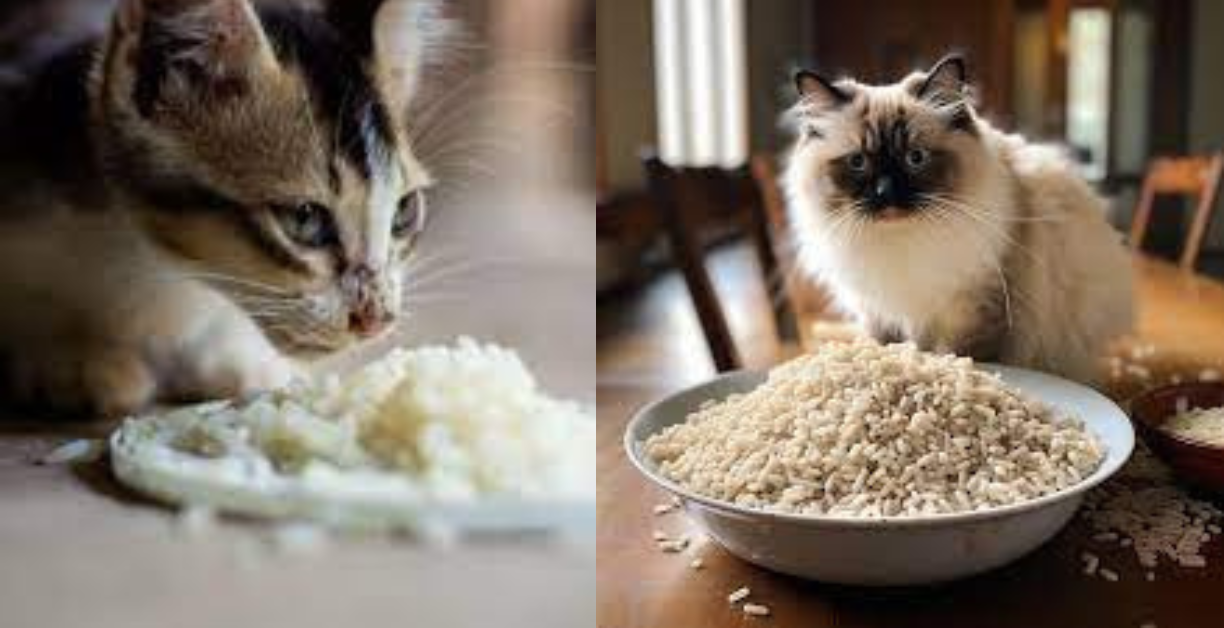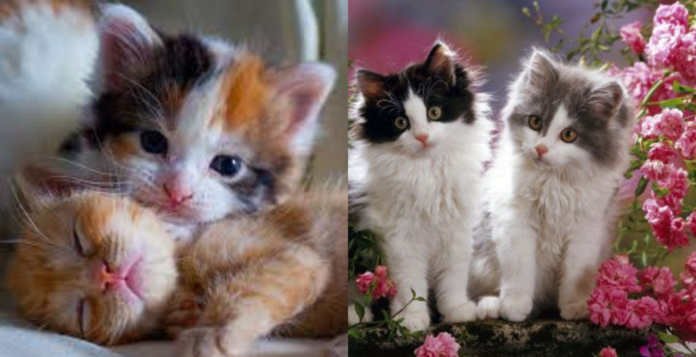Kittens are full of energy, therefore there are a lot of variables that affect how long do kittens play before they get tired. Cats under three months old have shorter energy bursts and usually play for five to fifteen minutes at a time before they get tired and need to snooze. Their play periods can run anywhere from twenty to thirty minutes, and finally an hour, as they get older.
how long do kittens play before they get tired
Characteristics: Certain kittens are by nature more lively than others. While some people would be content to work for just a few brief periods of time, others might work for an hour at a time.
Playstyle: Cats will tyre out more quickly from energetic sports like wrestling or chasing toys than from more relaxed pursuits like brushing their fur or observing birds.
Overall health: Kittens who are sick or feeling unwell are likely to play less and tire out more quickly.

Here’s a general guideline:
Under 3 months: 5-15 minutes of play followed by a nap
3-6 months: 15-30 minutes of play followed by a nap
6-12 months: 30-60 minutes of play followed by a nap
Over 1 year: Up to an hour of play followed by a nap
Signs your kitten is tired:
Yawning
Loss of interest in toys
Lethargy
Grooming themselves
Finding a quiet spot to nap
It’s critical to recognise your kitten’s indications and to put them to bed when they appear weary. Stress or injury can result from overexertion.
Keep in mind that kittens require an ample amount of sleep as well, so it’s normal if they take frequent naps during the day. It is generally accepted that kittens sleep 16–18 hours a day.
The Kitten Play Science:
Hunting instincts: Playtime helps kittens develop their innate hunting abilities and is not only enjoyable for them. Batting at toys simulates pounce and capture, while chasing them imitates tracking prey. They get the agility, reflexes, and coordination necessary for future hunting success from this play-practice.
Physical development: Kittens stay strong and fit through play. All that lunging, jumping, and running develops vital bone strength, cardiovascular health, and muscular tone. They are literally growing through play.
Mental stimulation: Playtime keeps kids’ minds active and keeps them from getting bored. A range of toys and activities facilitates their exploration, problem-solving, and cognitive ability development. Consider it brain training for your animal companion.
Socialisation: Playtime is essential for teaching kittens how to communicate with both humans and other cats. They playfully wrestle, chase, and cuddle in puddles to acquire social graces, communication skills, and boundaries.

Read more
why is cat litter so expensive
How to Adjust Playtime to the Age of Your Kitten:
For young explorers (little explorers under three months old), playtime should be brief and enjoyable. Emphasise soft toys with interactive features like crinkly balls or danglers. Their greatest friend is nap time!
Curious explorers (3-6 months): Use toys that promote jumping and climbing to introduce more active games, such as fetch or chase. It’s important to be patient and provide gentle direction as they begin to test their limitations.
Shy ramblers (6–12 months): Get ready for some serious zoomies! This is the happiest a kitty can get. Toys that interact with the cat, obstacle courses, and even homemade tunnels can bring out the best in them. Explorers on their own (more than a year): Your kitten’s playtime changes as it gets older. Interactive cat towers, activities for scavenging for food, and puzzle feeders can stimulate their minds and bodies. Playtime will still be enjoyable for them, but on their terms.
Hope you got your answer about how long do kittens play before they get tired. Playtime is an essential combination of mental stimulation, social learning, and physical growth for kittens. It is driven by energy bursts and refined by hunting impulses. Play sessions should be adjusted according to their age and understanding of their playful language to ensure feline enjoyment and a healthy, happy cat friend.















